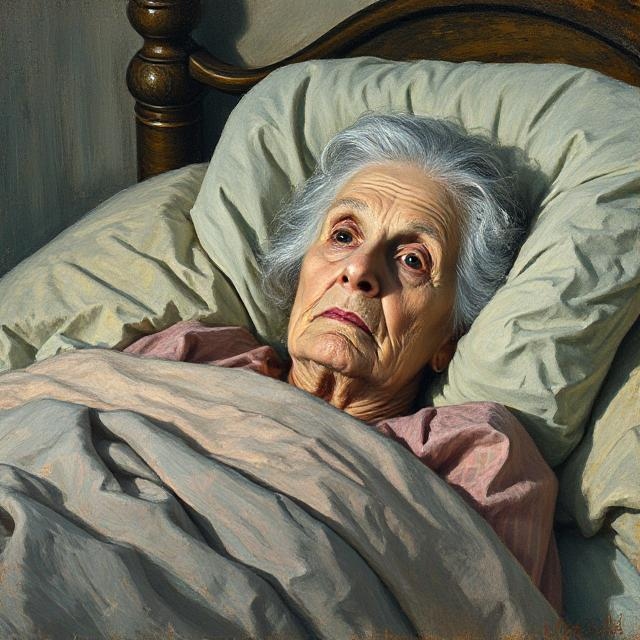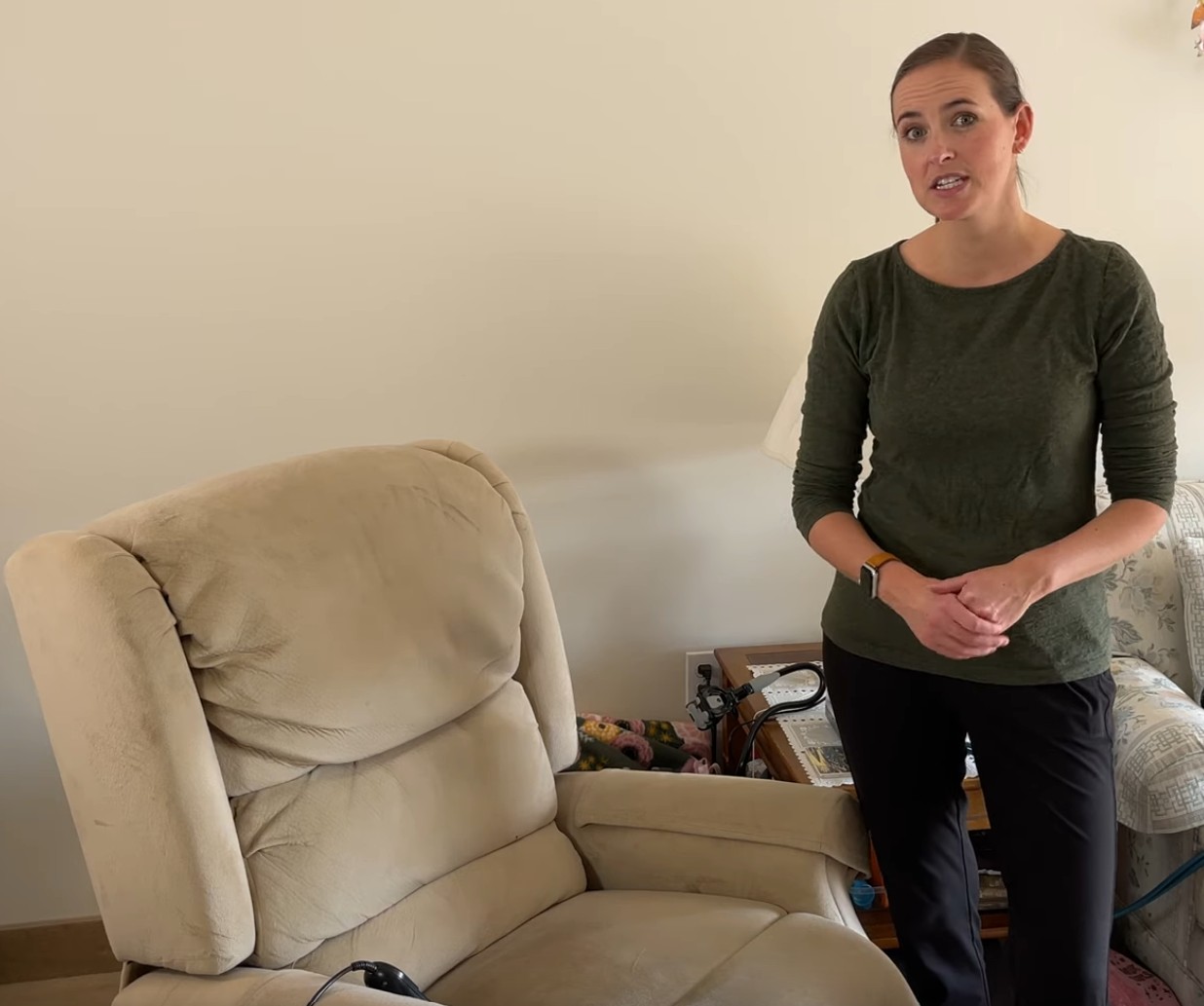There’s something about the stillness of 3 a.m. that makes the world feel unusually loud. The tick of a clock, the shifting of the sheets, the mind turning over the same thoughts like clothes in a slow dryer.
You don’t want to be awake — but you are. Again.
For some, it’s occasional. For others, it’s routine. The long stretches of night when sleep slips out of reach, and all you’re left with is time. Time to worry, to wander, to wonder when rest will return. And if you’re older, you’re told this is normal — “Older people just need less sleep,” they say, as if that makes the staring-at-the-ceiling part any easier.
But there’s truth in it. As we age, the architecture of sleep shifts. Deep sleep becomes lighter. We wake more easily, sleep less continuously. The body asks for rest in shorter doses, and sometimes earlier in the evening. The long, uninterrupted 8-hour stretches we’re told to aim for may simply not be part of the body’s rhythm anymore.
That doesn’t mean you’re broken. It means your sleep has just changed shape.
Still, the night can feel long.
So if you’re lying there, restless and alert while the rest of the world seems wrapped in peaceful dreaming, the question becomes: What now?
You can start by letting go of the pressure. The more you chase sleep, the more it runs. Instead, try treating wakefulness like a surprise guest — not entirely welcome, but manageable. Sit up. Stretch. Sip water. Don’t glare at the clock. Don’t count the hours left. Just be where you are, gently.
Keep a low light on, maybe a soft lamp or a book light. Something warm, nothing blue or bright. Avoid your phone if you can — not just because of the screen, but because it pulls you into other people’s noise when you need your own quiet.
Reading helps. So does knitting. Crossword puzzles. Listening to a calming audiobook or a guided meditation. Not because it’ll magically knock you out — but because it gives the mind something to do besides spiral.
Sometimes, a short walk through the house resets your body. A little movement. A change in posture. And then back to bed, with fewer expectations this time.
Some people find that if they give in — truly accept that sleep might not return — the anxiety eases. The night stops feeling like a battle and starts to feel like something else: a soft in-between space. A time for reflection. A time for calm. Or just… a time to be awake, without judgment.
And if sleep does return, even for a short stretch? That’s something.
If not? You’ll still make it through the next day. You may move a little slower, nap in the afternoon, or turn in earlier tomorrow night. But you’ll get through.
Because the truth is, we’re remarkably good at adapting. And for many older adults, that adaptation means accepting a new rhythm of rest — one that doesn’t rely on long stretches, but on quality moments. A nap in the sun. A doze after lunch. A full night’s sleep, occasionally, when the stars align.
So no, it’s not just in your head. Sleep changes as we age. We may need a little less of it — and feel more awake during the night than we used to.
But with routine, and a little grace for ourselves, the night doesn’t have to feel like a failure. It can just be… night. Quiet, slow, and full of breath. And morning will come, just like it always does.




